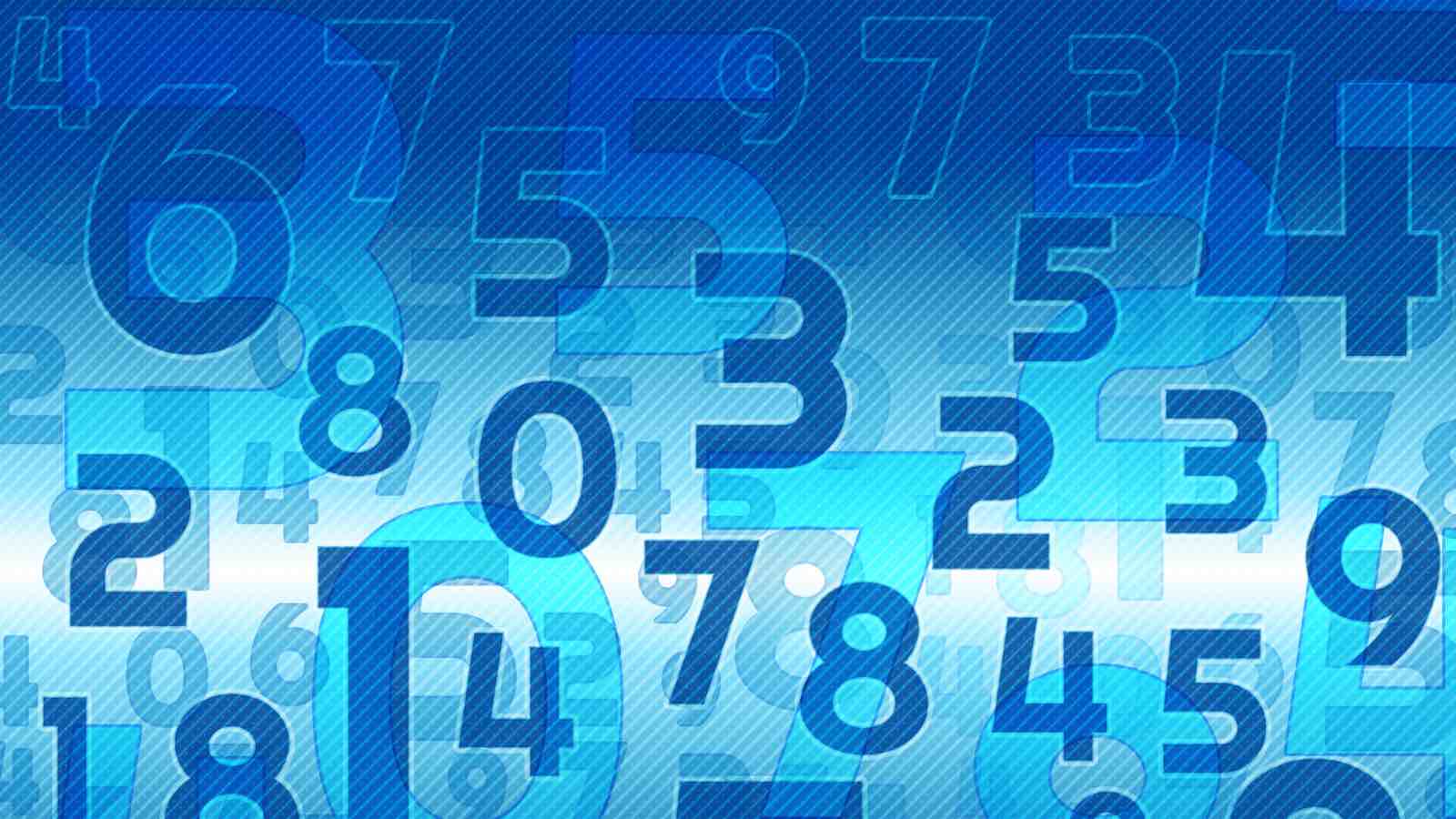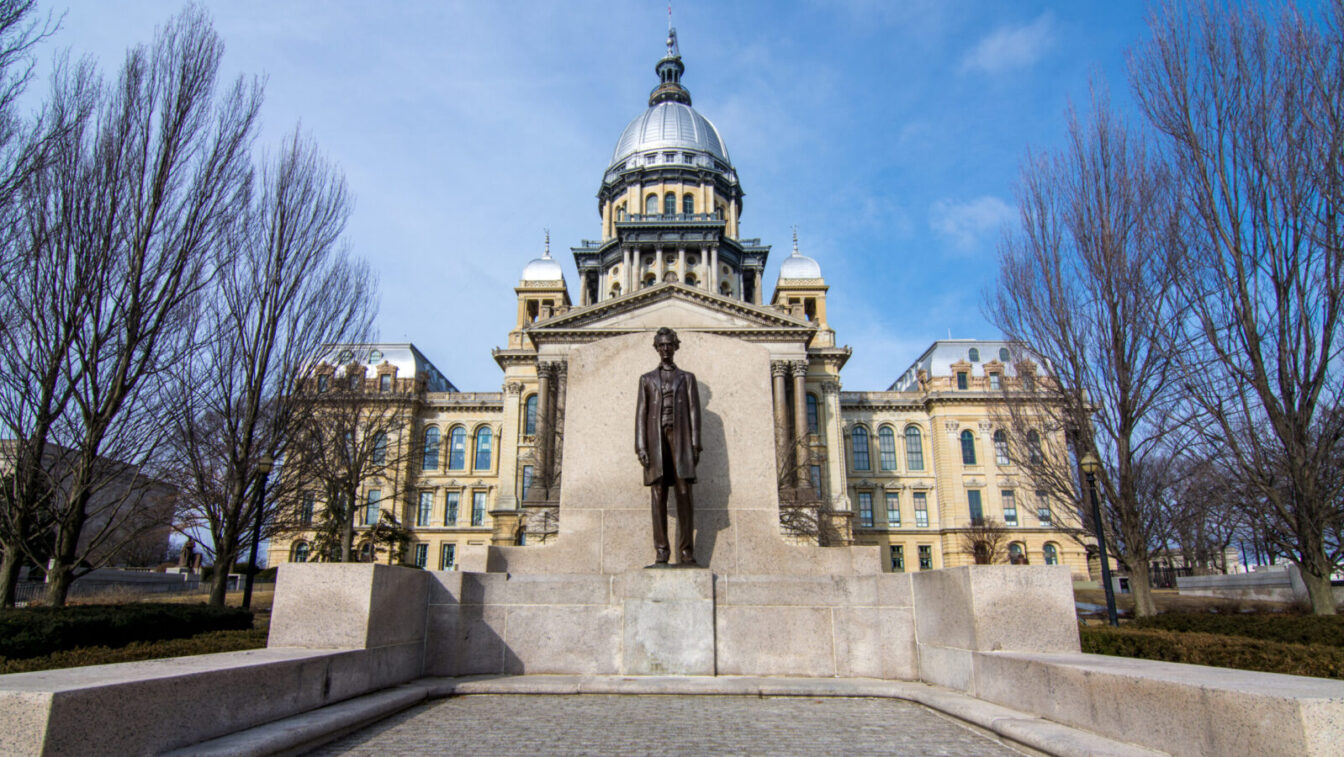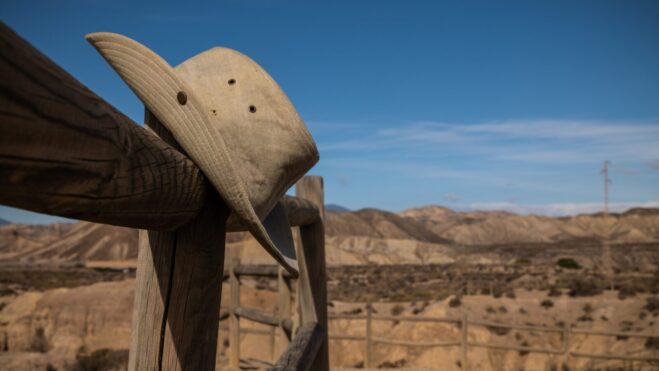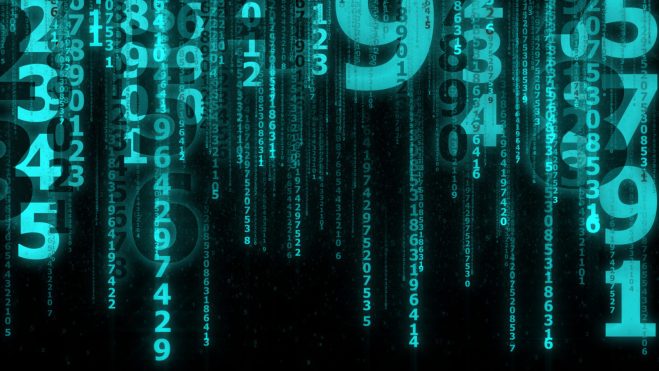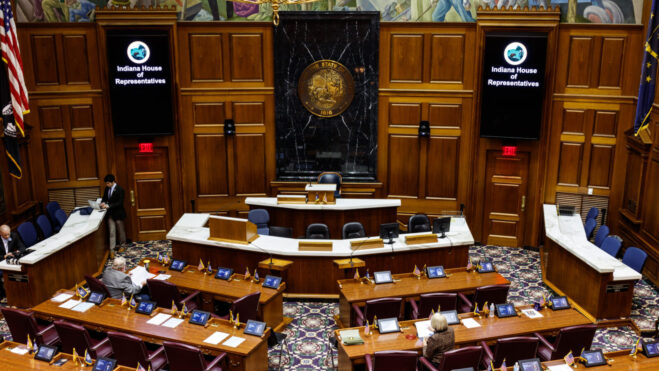Louisiana Bill Would Legalize Online Lottery, Send Projected $23M To The State
If it passes, Louisiana would become 17th US jurisdiction to legalize some form of state-run online lottery
3 min
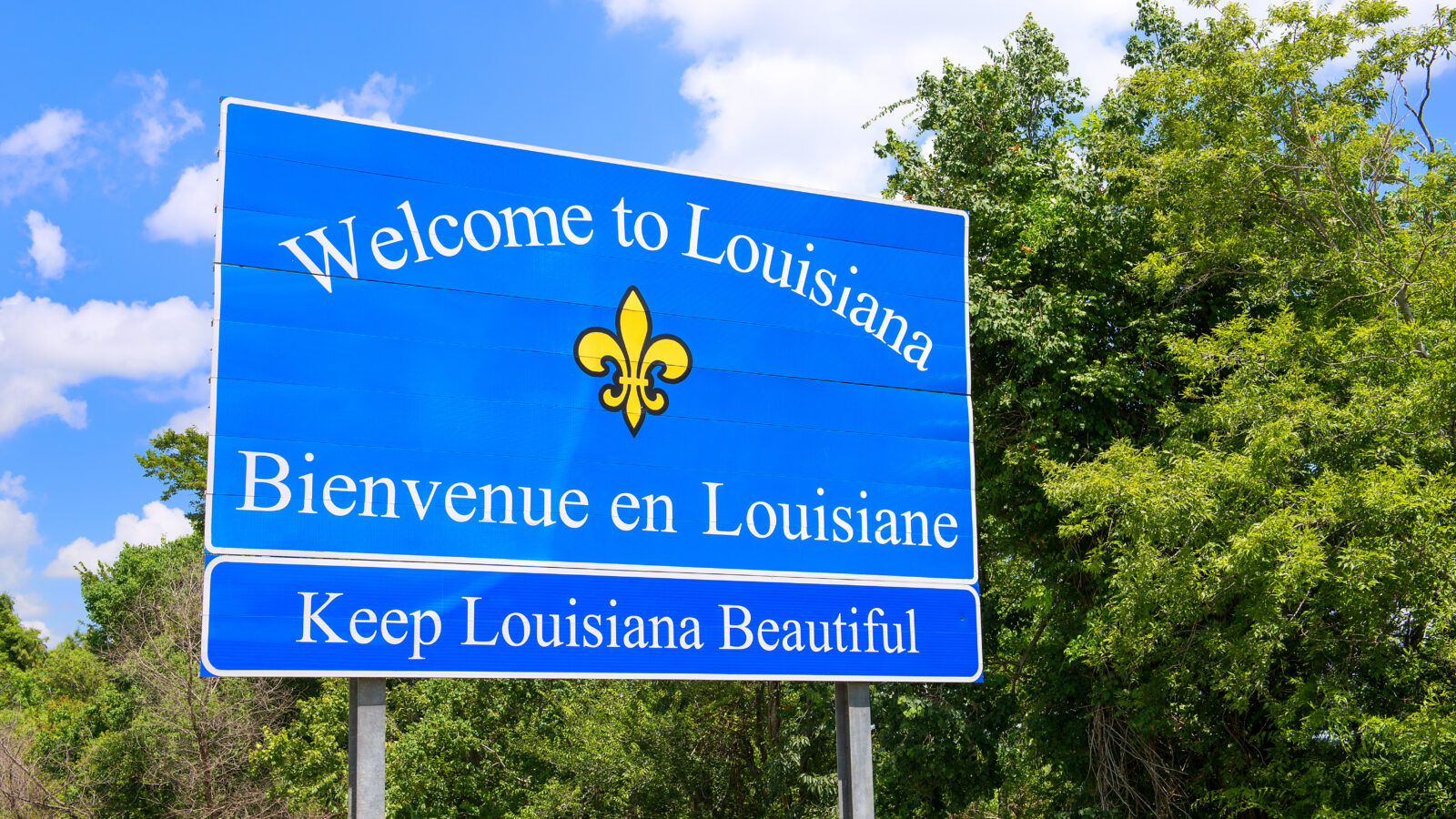
A recently filed bill would legalize an online lottery platform in Louisiana and send an estimated $23 million in revenue to state coffers each year.
House Bill 228 was filed by Rep. Vanessa Caston LaFleur on April 1 and assigned to the House Administration of Criminal Justice Committee on April 14. It hasn’t had a hearing yet, but LaFleur is the committee’s vice chair, so its chances of securing a hearing are strong.
If HB228 passes the House and Senate, Louisiana would become the 17th U.S. jurisdiction to legalize some form of state-run online lottery, joining other recent additions to the list in Massachusetts, Kansas, West Virginia, and Tennessee (although the Volunteer State is running into some roadblocks).
How the bill changes state law
HB228 makes a handful of changes to existing state law regarding lottery purchases in Louisiana, mostly inserting language that adds online lottery tickets to current policies.
Its most substantive changes come in two areas:
One, it states that online lottery ticket purchases do not constitute online gambling, which is illegal in Louisiana.
Two, it establishes new regulatory responsibilities for the Louisiana Lottery Corporation:
- Requiring age verification methods to prevent anyone younger than 21 from buying lottery tickets online.
- Requiring geolocation verification methods to make sure online purchases take place only from customers physically located in Louisiana.
Louisiana would have draw games and instant games
Although HB228 makes no specific mention of the online games it would legalize, its fiscal note lists the planned catalogue of online options:
“LLC intends to offer draw games including Lotto, Easy 5, Pick 3, Pick 4, Pick 5, Powerball, and Mega Millions, as well as electronic instant win tickets (‘einstants’) over the internet.”
Of the 17 jurisdictions with online lottery ticket purchases, Louisiana would be the 15th to include instant games. Connecticut and North Dakota both only offer online draw game tickets.
$24.1M to state treasury by Year 5
Current law requires the Louisiana Lottery to send 25% of gross revenue to the state treasury each year. HB228 would require the same of online lottery revenue.
The fiscal note projects “roughly $23 million” in annual gross revenue directed toward the state treasury “once the system becomes operational.”
Broken down year by year, the fiscal note projects:
- $23 million in Year 1
- $23.5 million in Year 2
- $23.9 million in Year 3
- $24.1 million in Year 4
- $24.1 million in Year 5
“This estimate is based on projections from other states with iLottery programs,” the note says. “While sales vary depending on population and other factors, this projection reflects a cautious approach to anticipated performance in Louisiana.”
The note says costs for launching the online lottery will be related to “age verification software, ‘know your customer’ authentications, geo-fencing software, digital payment platforms, and game content and website software.”
Even with those costs, the note anticipates there will be no significant effect on government expenditures.
Assessing iLottery progress in 2025
It hasn’t been a banner year for online lottery legislative momentum.
Bills that would have legalized online lotteries in Ohio and Indiana failed. A New York bill that would launch iGaming and iLottery platforms is stuck in committee. The Texas Senate has already passed a bill banning all forms of online lottery gaming (including couriers) and it’s now in the House. And lawmakers are attempting to prevent an online lottery launch in New Jersey.
One success came in Maryland, where lawmakers passed a bill allowing lottery subscriptions to be purchased online.
Launches in West Virginia and Kansas also seem to have gone well so far.
However, Massachusetts’ iLottery launch has been delayed until at least April 2026. And Tennessee’s Powerball app could be short-lived after its quiet launch in January, as lawmakers are considering legislation that would shut it down.
A win in Louisiana would be a welcomed change to 2025 for industry advocates.
Lawmakers used to discussing gaming
Louisiana lawmakers have shown a willingness to dive into gambling topics.
Currently, Senate Bill 181 — which would ban sweepstakes gaming sites in Louisiana — just had its committee hearing on Tuesday.
In December, the Senate Judiciary B and Revenue and Fiscal Affairs committees hosted a joint hearing on iGaming with testimony from proponents, like Howard Glaser, Light & Wonder’s global head of government affairs and legislative counsel, and opponents, like The Cordish Companies General Counsel Mark Stewart.
This stemmed from the passage of Senate Resolution 149, which mandated the hearing and required the committees report their thoughts to the Senate by March.
And not long before that, one Louisiana lawmaker tried to push a bill that would have hiked the sports betting tax rate up to 51%.
So the state’s lawmakers have been more exposed to gambling discussions than other U.S. legislatures. Whether that helps lead to meaningful discussion and progress with HB228 remains to be seen.



